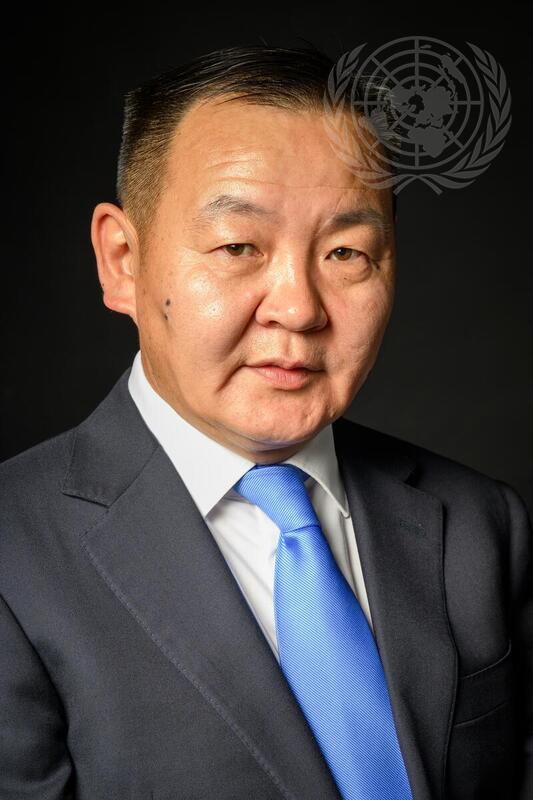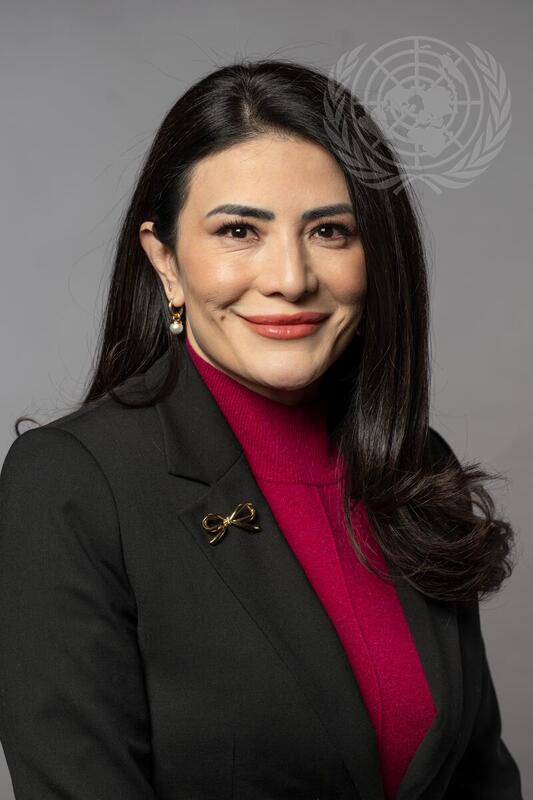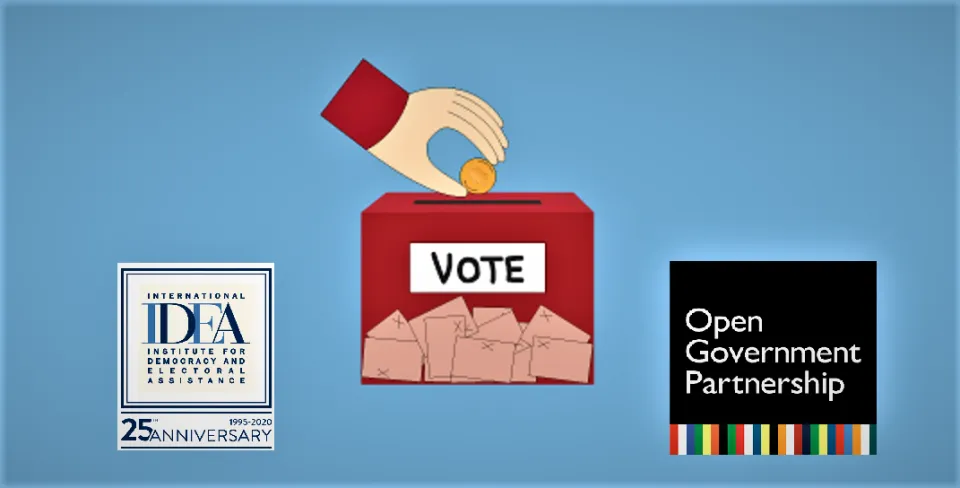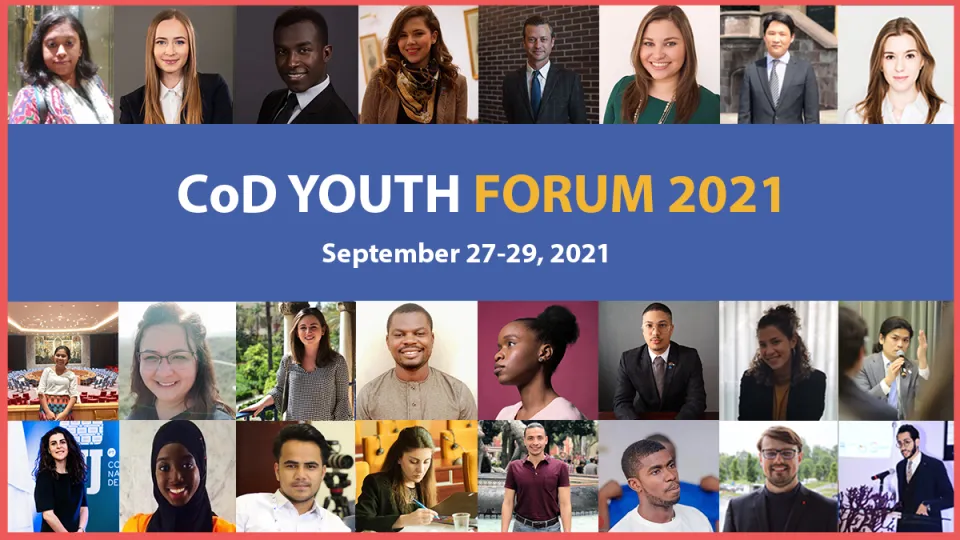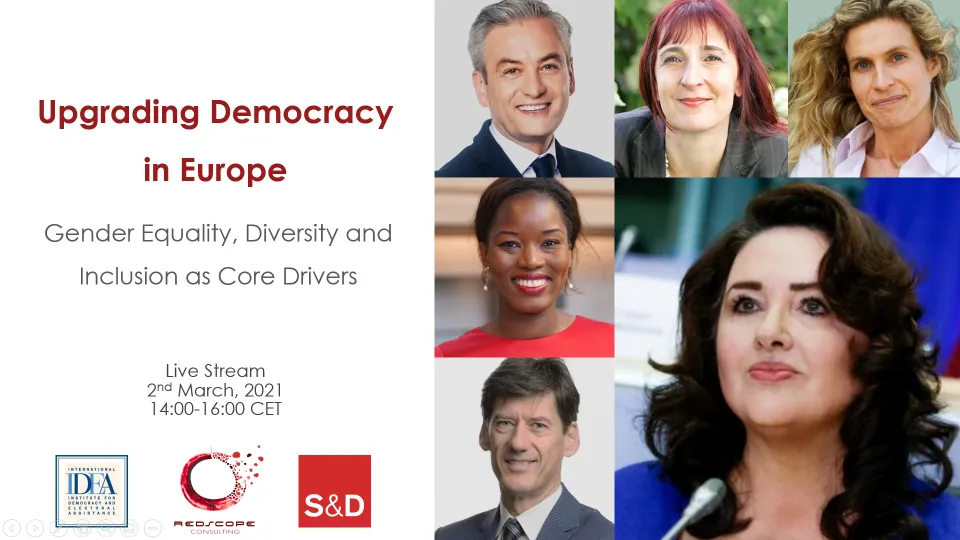SDG 5 and SDG 16 as drivers of prosperity and enablers of the 2030 Agenda
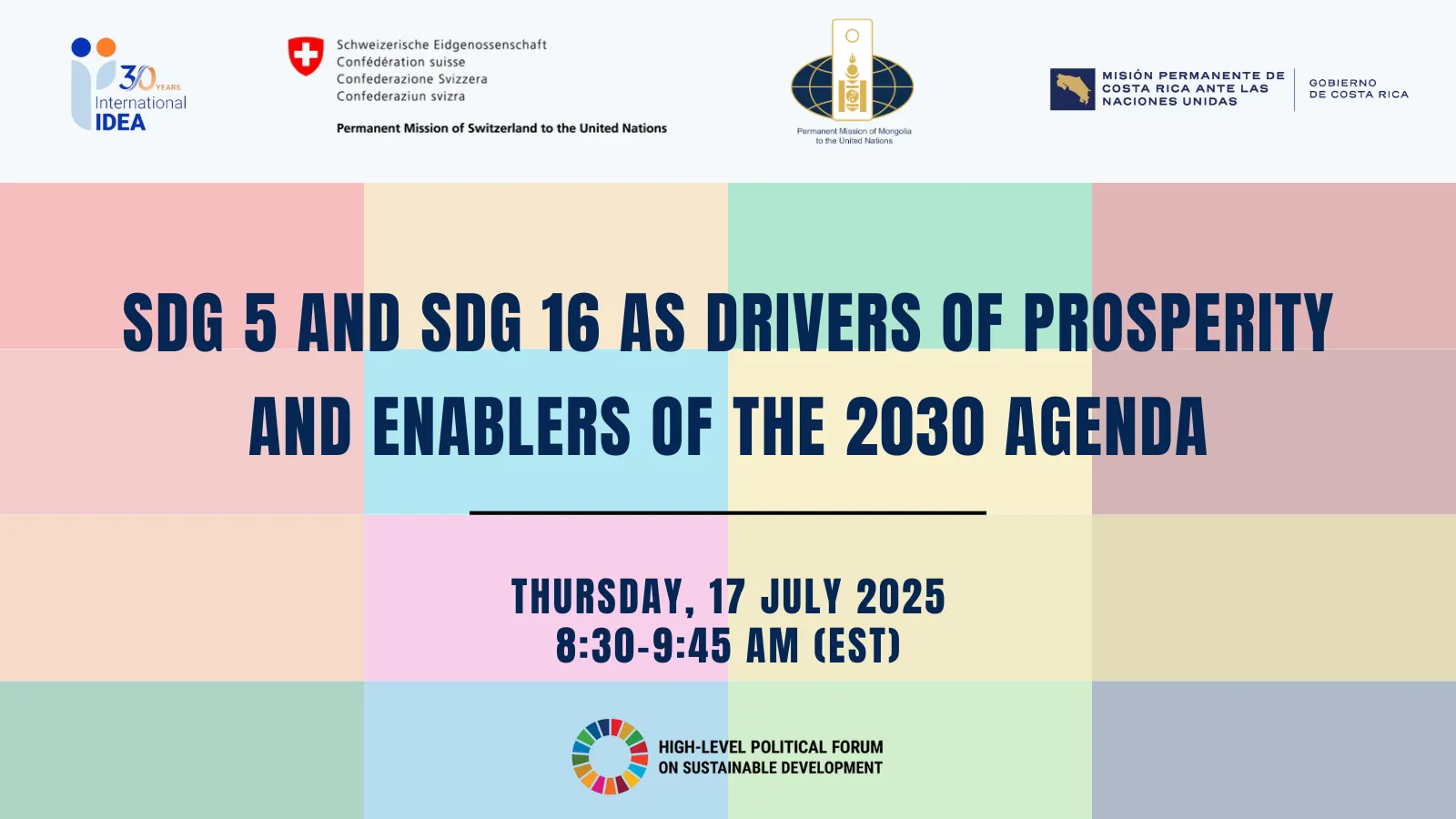
Background
SDG 5 on Gender Equality and SDG 16 on Peace, Justice and Institutions are closely interlinked and mutually reinforcing, both serving as critical enablers of the 2030 Agenda and the Sustainable Development Goals. Inclusive, transparent, and accountable institutions are key drivers of gender equality, and peaceful and just societies can only be built when women and girls are fully empowered to participate and lead in decision-making processes. Together, these goals lay the foundation for resilient and inclusive sustainable development and equitable prosperity for all by advancing accountable governance, equal rights, access to justice, and inclusive policies that deliver on all the goals set out in the 2030 Agenda.
All key indicators of SDG 16 in areas such as Representation, Rights, Rule of Law and Participation have seen their global averages decline since 2015 across all regions, according to a new report by International IDEA to be launched at this side event. Global levels of gender equality have improved by just 2% since 2015—a modest gain that masks troubling regressions in regions like South, Central, and East Asia, Southern Africa, and even North America. The report also reveals that democratic backsliding and erosion of rights and institutions are undermining democratic governance and gender equality worldwide. While there are pockets of progress, such as more women in parliaments and advances in anti-corruption reforms, these are outweighed by widespread declines, especially in Representation and Participation, driven by conflict, autocratization, and shrinking civic space.
This event, hosted by International IDEA and the Permanent Mission of Switzerland, and co-sponsored by the Permanent Mission of Mongolia and the Permanent Mission of Costa Rica, aims to bring together UN Member States, civil society, international organizations and other stakeholders that contribute to advancing both goals, to discuss progress, setbacks, and policy solutions for the way forward.
Objectives and Format
Together, SDG 5 on Gender Equality and SDG 16 on Peace, Justice and Institutions lay the foundation for resilient and inclusive sustainable development and equitable prosperity for all. They are closely interlinked and mutually reinforcing, both serving as critical enablers of the 2030 Agenda and the Sustainable Development Goals. However, progress on both is seriously lagging behind: all key indicators of SDG 16 have declined since 2015 across all regions, and democratic backsliding and erosion of rights and institutions are undermining democratic governance and gender equality worldwide.
This 75-minute in-person event brings together International IDEA, UN member states, UN agencies, and civil society organizations to discuss the interlinkages between SDG 5 and 16 and their enabling interaction with the rest of the 2030 Agenda. It will also present International IDEA’s new publication “Assessing a Decade of Action: SDG 5 and SDG 16 in Focus,” and insights from country experiences.
Speakers



